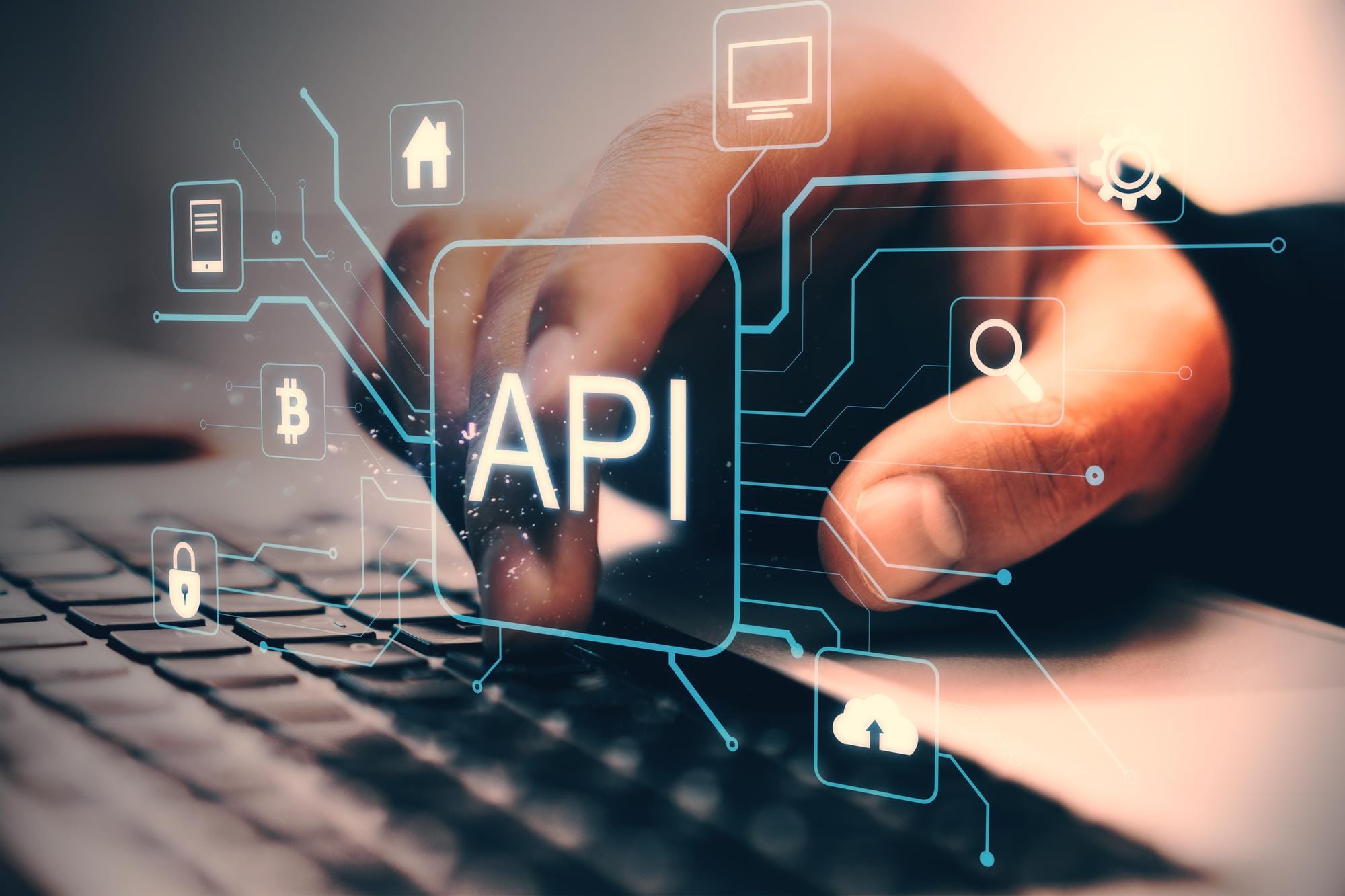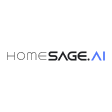Introduction
Leveraging technology is essential in today’s real estate sector, and APIs (Application Programming Interfaces) are central to this transformation. By enabling seamless integration of live data, market insights, and process automation, APIs help real estate businesses improve everything from property search to risk assessment. But to truly realize their value, APIs must be implemented strategically and securely.

This guide explores the 8 best practices for implementing real estate APIs in 2025, including detailed, modern examples from industry leaders like Homesage.ai, Zillow, Attom Data, and Walk Score.
Understanding Real Estate APIs
Definition and Functions:
Real Estate APIs are tools that enable software systems to exchange information such as property listings, pricing, ownership details, and geospatial data. This integration powers everything from automated valuations to advanced client dashboards and mobile search apps.
API Types in Real Estate:
- Listing APIs: For pulling live listings, pricing, and basic details into real estate websites.
- Valuation APIs: Deliver instant home value estimates and comps.
- Geolocation & Mapping APIs: Provide interactive maps and location analytics, e.g., Google Maps.
- CRM APIs: Automate communications and transaction milestones.
Some Important Real Estate APIs
1. Homesage.ai
Homesage.ai is a pioneer in AI-driven, developer-friendly APIs for modern real estate. Its suite includes:
- Target Lists for high-potential properties and leads, updated daily.
- Full Property Reports delivering AI-powered analytics (home values, ARV, renovation estimates, etc.) for 140M+ U.S. properties.
- Elements APIs: Over 15 endpoints for valuation, rental potential, renovation costs, investor scores, comps, and more.
- Extensive, clear API documentation supports easy integration and faster development.
- Learn more on their product page.

2. Zillow
Zillow is a trusted data source powering millions of home searches each month. It supplies:
- Current U.S. listings, Zestimates, and market stats for over 110 million homes.
- Historical pricing and neighborhood analytics.
- APIs that mainstream real estate portals, investor dashboards, and marketing tools depend on.
- Zillow API documentation for developers.
3. Google Maps
Google Maps APIs are indispensable for real estate, powering:
- Interactive maps with property, neighborhood, school, and amenity overlays.
- Street View and routing for showing commute, walk, and bike scores.
- Integrated location data for smarter search and discovery.
4. Attom Data
Attom Data Solutions is recognized for U.S. market-wide coverage:
- Data-as-a-Service (DaaS) and bulk feeds for real estate, lending, and insurance.
- Property Reports with deep analytics: sales, tax, mortgage, environmental, and risk scores.
- Critical for large-scale platforms and compliance-focused developers.
5. Walk Score
Walk Score APIs quantify lifestyle attributes:
- Walk Score, Bike Score, and Transit Score for addresses nationwide.
- API integration helps users evaluate locations for walkability or easy access to public transport.
8 Best Implementation Practices for Real Estate APIs
1. Ensuring Data Security and Privacy
Real estate transactions involve sensitive financial and personal data, so API security is non-negotiable.
- Use HTTPS for encrypted data transmission.
- Require authentication tokens or oAuth2.
- Regularly audit endpoints and update security parameters.
- Work only with API providers prioritizing compliance (Homesage.ai, Attom Data, GDPR guide).
2. Seamless Integration with Existing Systems
Modern businesses use legacy and modern software. Good API integrations eliminate workflow silos.
- Check API compatibility and data format alignment with your current stack.
- Use well-documented REST APIs and middleware tools for migration.
- Integrate incrementally, testing in stages.
- Homesage.ai API Documentation offers clear, sample-based guidance for integrations.
3. Scalability and Performance Optimization
APIs must scale with your users and business growth.
- Monitor load (API calls, latency) and optimize queries for peak times.
- Leverage cloud-native or load-balanced APIs.
- Use caching for frequently accessed data, and remove outdated endpoints promptly.
- See Homesage.ai API Docs for scaling tips.
4. Regular Updates and Maintenance
APIs can’t remain static; real estate data and requirements evolve rapidly.
- Schedule check-ins for updates and deprecations from your providers.
- Test in non-production environments before major updates.
- Review provider product pages and Zillow’s API blog for change notifications.
5. User-Friendly Documentation and Support
Robust documentation and support ensure smooth onboarding and troubleshooting.
- Seek APIs with full reference docs, sample code, use cases, and FAQ sections (Homesage.ai Documentation Example).
- Prefer providers with active technical support or user forums.
6. Ensuring High-Quality Data Standards
The quality, accuracy, and freshness of data are paramount.
- Use APIs that validate, clean, and deduplicate records frequently.
- Regularly audit automated feeds for completeness.
- Provide your users with tools to flag and report data issues.
- 7 Marketing Ideas for Realtors Powered by AI discusses the business impact of data quality.
7. Monitoring and Analytics
Track, analyze, and optimize API usage for business intelligence and troubleshooting.
- Monitor response times, error rates, endpoint popularity, and system health.
- Use analytics dashboards, like those included in Homesage.ai and Attom Data.
- Apply learnings to enhance high-value features and deliver better client outcomes.
8. Testing and Staging Environments
Avoid deploying untested API code to production.
- Test updates and new features in dedicated staging environments first.
- Use mock data and versioning controls.
- Simulate high-traffic or edge cases before release to minimize risk.
Conclusion
Following these eight implementation practices ensures secure, scalable, reliable, and high-value real estate API integrations. API-driven solutions are now core to proptech innovation—empowering businesses to unify data, automate workflows, and deliver next-generation client experiences.
For industry-strength real estate APIs, explore solutions from Homesage.ai, Zillow, Google Maps, Attom Data, and Walk Score. For more advanced strategies, see the Homesage.ai Blog: AI for Real Estate Investors , How to Use AI for Lead Generation in Real Estate and How Could AI Improve Real Estate Websites and Services in 2025.
People Also Ask
Why are Real Estate APIs important?
They power seamless, automated, and data-rich real estate workflows, enabling innovation in listing, valuation, search, and client engagement.
How do I choose a secure Real Estate API?
Look for robust encryption, data privacy compliance, clear documentation, and regular audits.
What if my system is legacy software?
Choose APIs with flexible integration, migration support, and middleware compatibility.
Where can I find developer docs and integration help?
Most leading providers—including Homesage.ai, Zillow, Attom Data, and Walk Score—offer public API documentation and developer support.





4 Comments
Real Estate October 29, 2024
Real Estate This is really interesting, You’re a very skilled blogger. I’ve joined your feed and look forward to seeking more of your magnificent post. Also, I’ve shared your site in my social networks!
boyarka September 26, 2025
It's really a great and useful piece of info. I am glad that you shared this useful information with us. Please stay us informed ike this. Thanks for sharing.
boyarka September 26, 2025
Wow, that's what I was seeking for, what a material! existing here at this webpage, thanks admi oof this web site.
boyarka September 30, 2025
If you desire tto improve your experience only keep visiting this web site and be updated wiith the most up-to-date news update posted here.